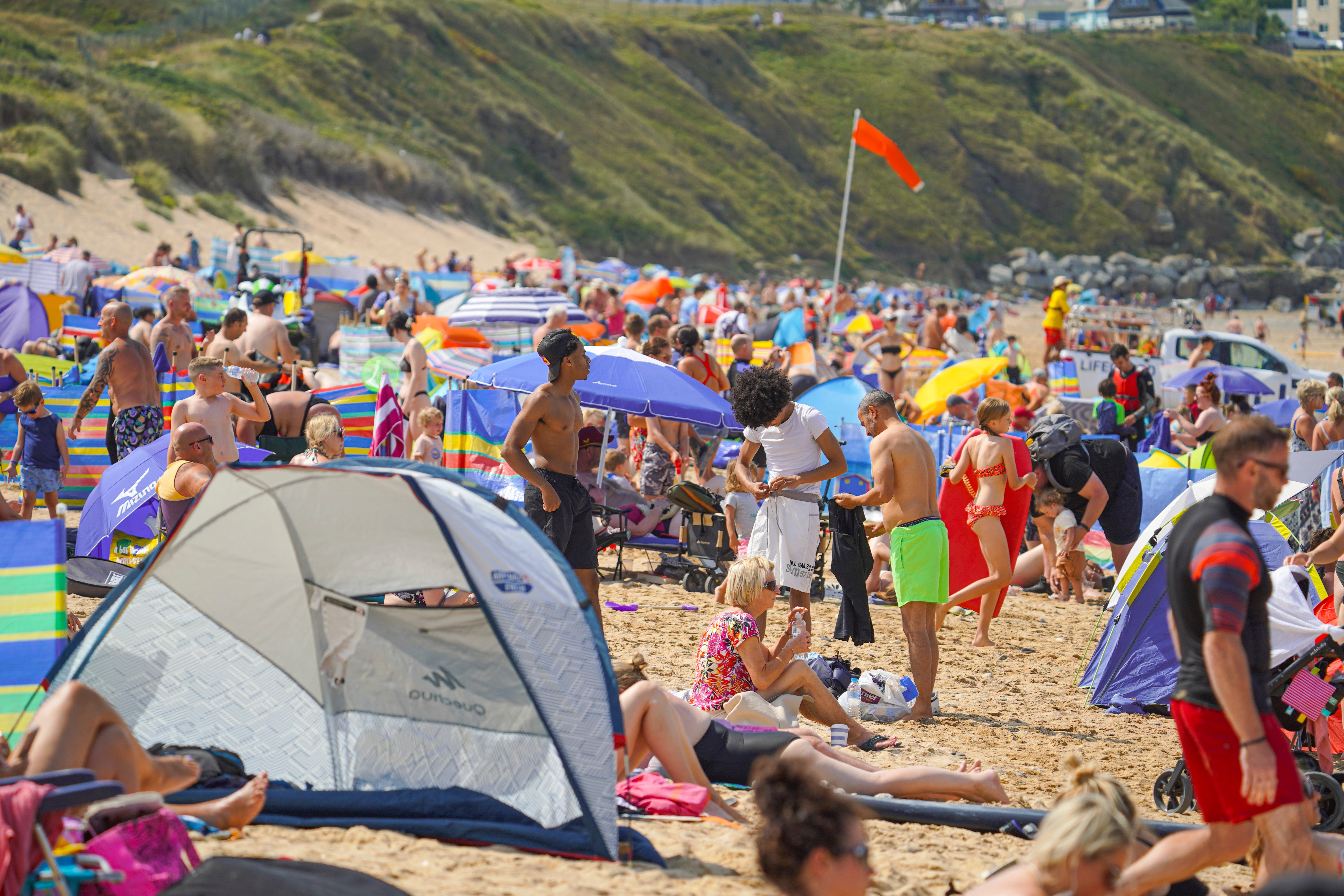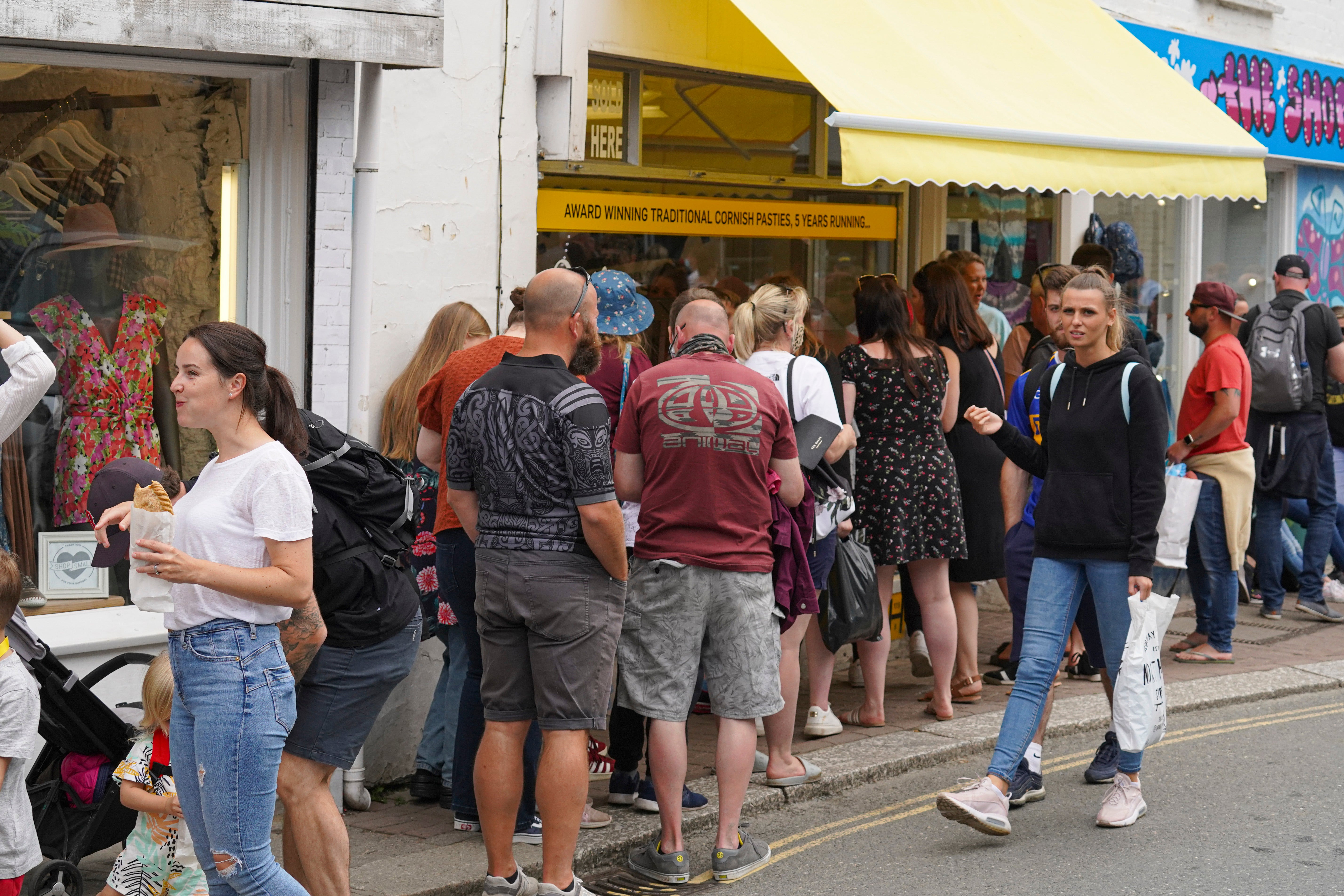Cornwall holidaymakers should pay daily tourism tax, council told
Cornwall Council has been urged to consider a tourist tax as it looks to improve the impact of millions of visitors to the region every year

Holidaymakers travelling to Cornwall should pay a daily tourist tax, it’s been suggested to the region’s council - with hoteliers welcoming the idea.
Cornwall attracts 12 million day visitors every year, but the council says a spike over the summer months leads to popular sites such as St Ives and Newquay becoming overrun with a reduction in air quality, heavy demand on services and congestion.
As a result, Cornwall Council has launched a councillor-led inquiry aimed at improving the year-round benefits of tourism while supporting locals with well-paid employment and community services.
Some of the ideas put foward at a council meeting on 9 January included urging the government to stagger school holidays and bringing in a registration scheme for short-term Airbnb-style holiday lets.
Another was a tourist tax, with councillor Mike Thomas, a former school teacher, calling for the option to be taken more seriously.

“In terms of a tourist tax, which in my opinion hasn’t been referenced enough,” he said, as reported by the BBC’s Local Democracy Service.
“There’s a fear that people will be against it. Manchester has demonstrated that people will not be negative when it’s actually put in place - £1 a night per person up to a maximum of 21 nights would bring in revenue that people in this Duchy would feel was paying for the facilities that people visiting are using.”
Tourist taxes are common in countries such as Canada, Spain, Germany, Belgium and France. On 10 January, Greece announced it would begin applying a climate levy to visitors to build up funds for natural disasters.
In the UK, taxes have been introduced in April and Manchester in April last year with the schemes run by local business improvement districts. Last year, the idea was aired for St Ives by the town’s mayor.
Arnaud Reutsch, owner of the Blue Seas Hotel in Penzance and member of The Penzance and District Hotel and Restaurant Association, told The Independent a tourist tax would helpthe region.
Due to the quiet winter season, the 62-year-old closes his eight-bed hotel from October to March with summer takings paying for the year. But this means his part-time workers are not needed for six months of the year.

He said: “I think the tourist tax is a good idea, but any money must be ringfenced for the local area and not sent to London. I really don’t think people would be put off by paying an extra £1 a night when they are paying around £120 to £130 a night.
“This area does rely so much on tourism that outside the summer months it can feel very quiet - so support for that period through this could be a real help while not making a big difference to visitors’ cost.”
In Cornwall, the sudden surge of summer visitors has also resulted in a housing problem due to the rise of Airbnb and second-home properties leaving a lack of available and affordable places for locals.
However, the council inquiry noted that almost one in five people in Cornwall relied on tourism jobs, mostly in accommodation and food and drink, and Visit Cornwall estimates tourism is worth more than £1billion a year to the region.
Figures also show the area is becoming more popular with 1.1 million overnight trips in August 2021, compared to 1 million in August 2019. There were also 2 million day trips in July 2021, compared to 1.4 million in July 2019.
But the council report said: “Our popularity, especially in the peak period, also brings with it negative impacts to our communities such as reduction in air quality, environmental degradation at popular sites, increased demand on services and congestion.”
It added: “This seasonality has a significant negative impact on our economy and the productivity of the sector as it encourages seasonal and part-time employment.”
Join our commenting forum
Join thought-provoking conversations, follow other Independent readers and see their replies
Comments
Bookmark popover
Removed from bookmarks